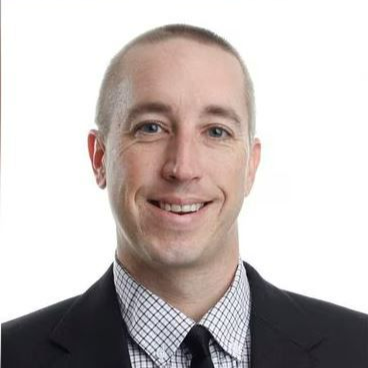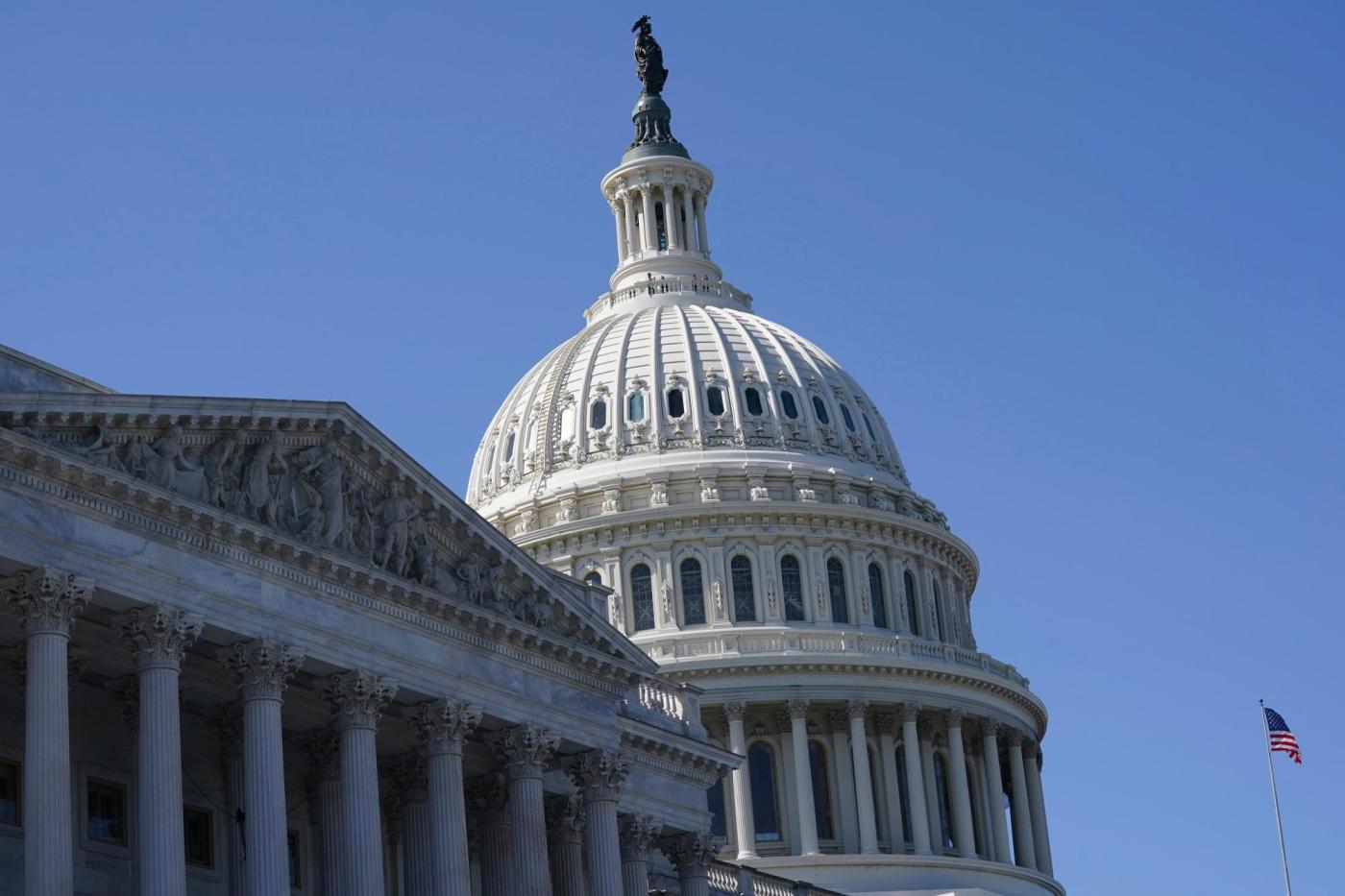Voters Discuss Changing Policies and Local Elections in NYC

Voters across New York City are expressing their views on recent policy shifts and the impact of local elections on community issues. As the city approaches its upcoming elections, opinions are divided on how elected officials are adapting to changing circumstances and public sentiment.
Changing Policies and Leadership Accountability
Many residents argue that a willingness to change one’s stance should be seen as a sign of rational leadership rather than a flaw. In Astoria, a concerned voter pointed out that while citizens demand leaders who listen and respond to facts, they often criticize those who adjust their policies. This paradox is evident in housing policy discussions in New York City. Historically, development has been viewed with skepticism, leading to restrictive zoning laws and procedural delays. This has resulted in a housing crisis, with rising rents forcing families out of their neighborhoods.
As the city grapples with these issues, some officials are beginning to support measures like rezoning and streamlining building approvals. This marks a notable shift from previous resistance to development, which many argue has contributed to the current housing shortage.
Examples of elected officials adjusting their positions include Zohran Mamdani, who initially aligned with the “defund the police” movement but later clarified his stance after a mass shooting, stating, “I am not defunding the police; I am not running to defund the police.” Similarly, Mayor Eric Adams proposed a controversial plan to transition retirees to Medicare Advantage, only to withdraw it following public backlash. Former Governor Andrew Cuomo also experienced a transformation in his views; in 2014, he dismissed a minimum wage increase as a “nonstarter,” yet by 2016, he had enacted a phased-in statewide minimum wage of $15.
Public Perception and Democratic Socialism
Supporters of democratic socialism contend that it is often misunderstood. One resident from Sunnyside expressed concern that critics label politicians as “socialists” or “Marxists” out of fear that their policies might succeed and reshape societal norms. The speaker emphasized that the real fear stems from the potential success of these policies, particularly in addressing economic inequality and social justice.
In contrast, some voters feel that the current political landscape is dominated by figures who have failed to deliver on promises. For instance, a resident from Lackawaxen, Pennsylvania, highlighted that the Democratic Socialists of America (DSA) should not be seen as a threat, referencing European social democrats who have successfully improved economic freedom and citizen happiness. They pointed to a history of political resistance against initiatives that could benefit the city’s low-income residents, asserting that less than one in six New Yorkers has seen significant low-income housing development during Cuomo’s tenure.
Criticism of Mamdani’s qualifications also surfaced. A voter from Whitestone compared him unfavorably to former President Trump, questioning the standards by which politicians are judged. This sentiment underscores a broader debate about qualifications and experience in leadership roles.
The Election Atmosphere and Its Effects
As the election season heats up, some voters express fatigue over the barrage of political advertisements. A resident from Woodside described the saturation of campaign ads as “minor torture,” leading her to turn off the television altogether. The overwhelming nature of these ads reflects a growing disenchantment with the electoral process.
With the November elections approaching, the impact of these discussions is likely to shape voter turnout and preferences. Many residents are urging others to focus on local elections instead of national narratives, emphasizing that change begins at the community level.
In conclusion, the evolving perspectives on leadership and policy in New York City highlight a complex interplay between voter expectations and political realities. As the city approaches its elections, the public remains engaged in a dialogue about the future direction of their communities, driven by pressing issues such as housing, social justice, and electoral integrity.






